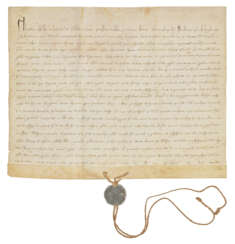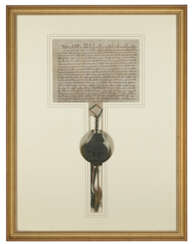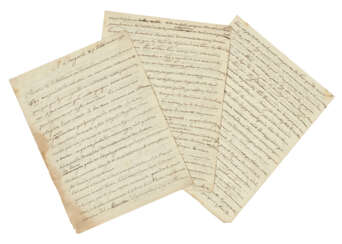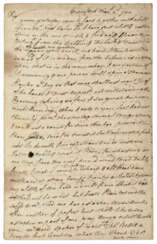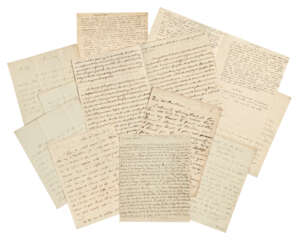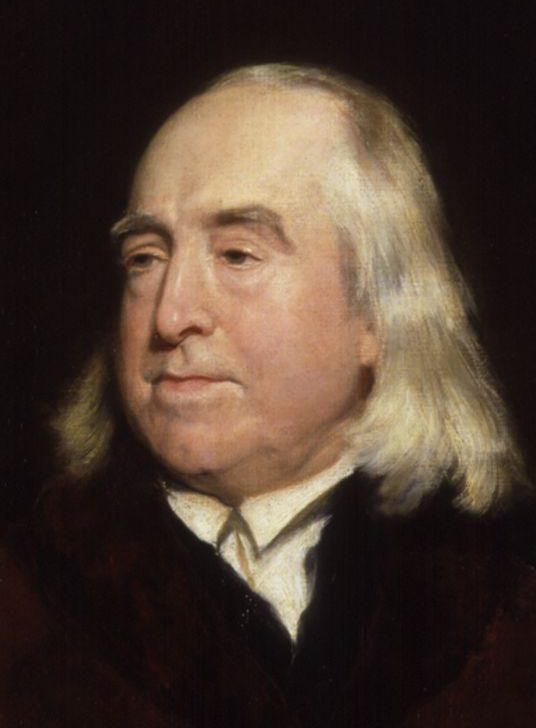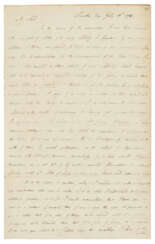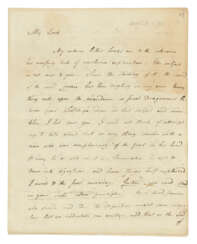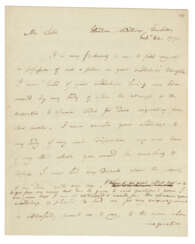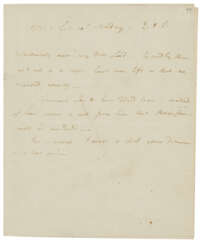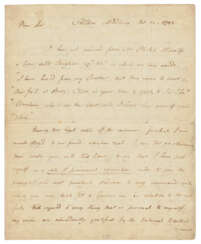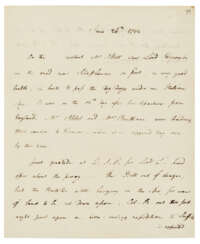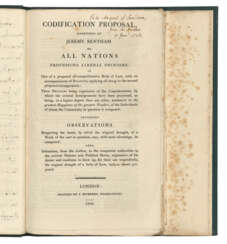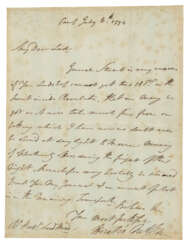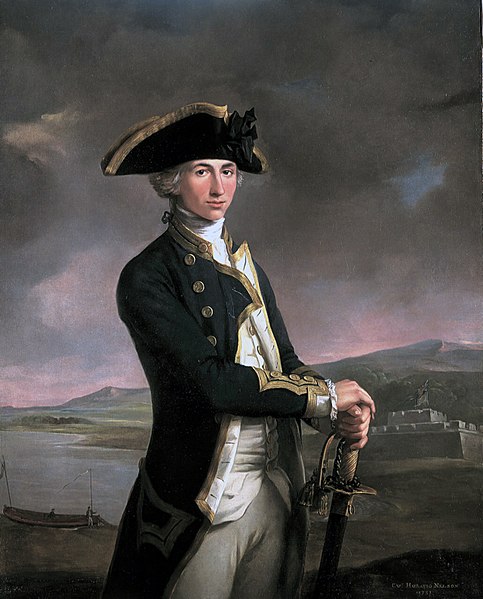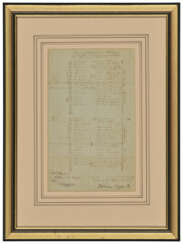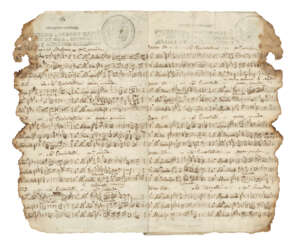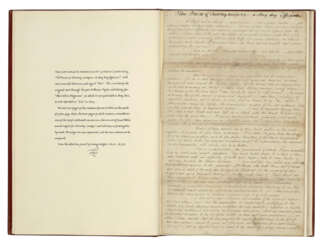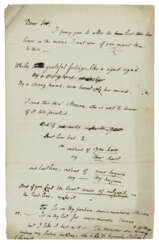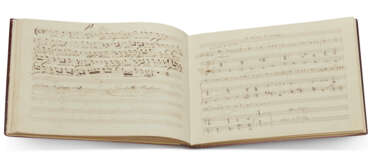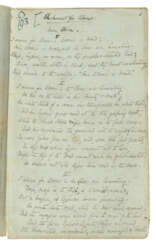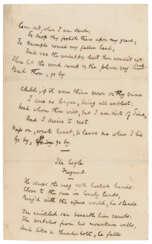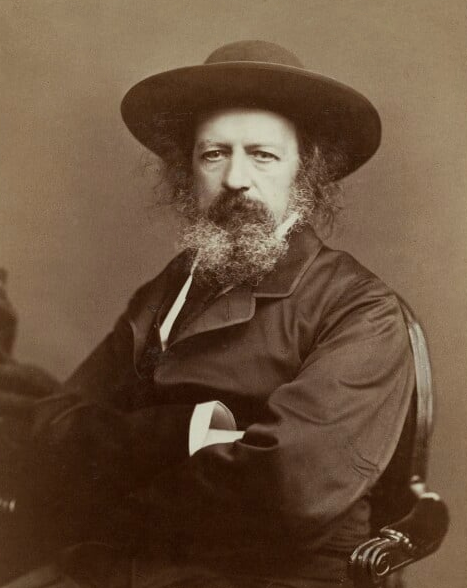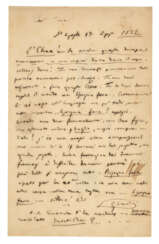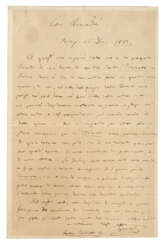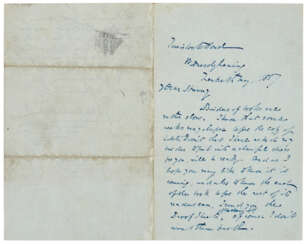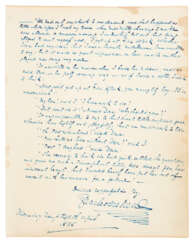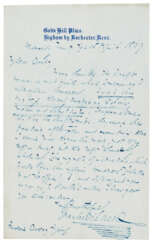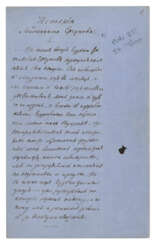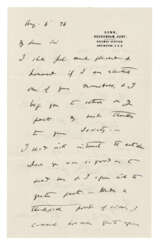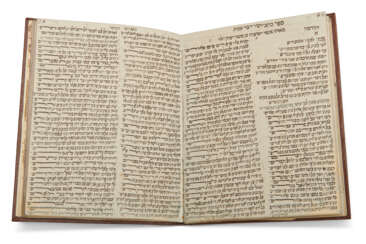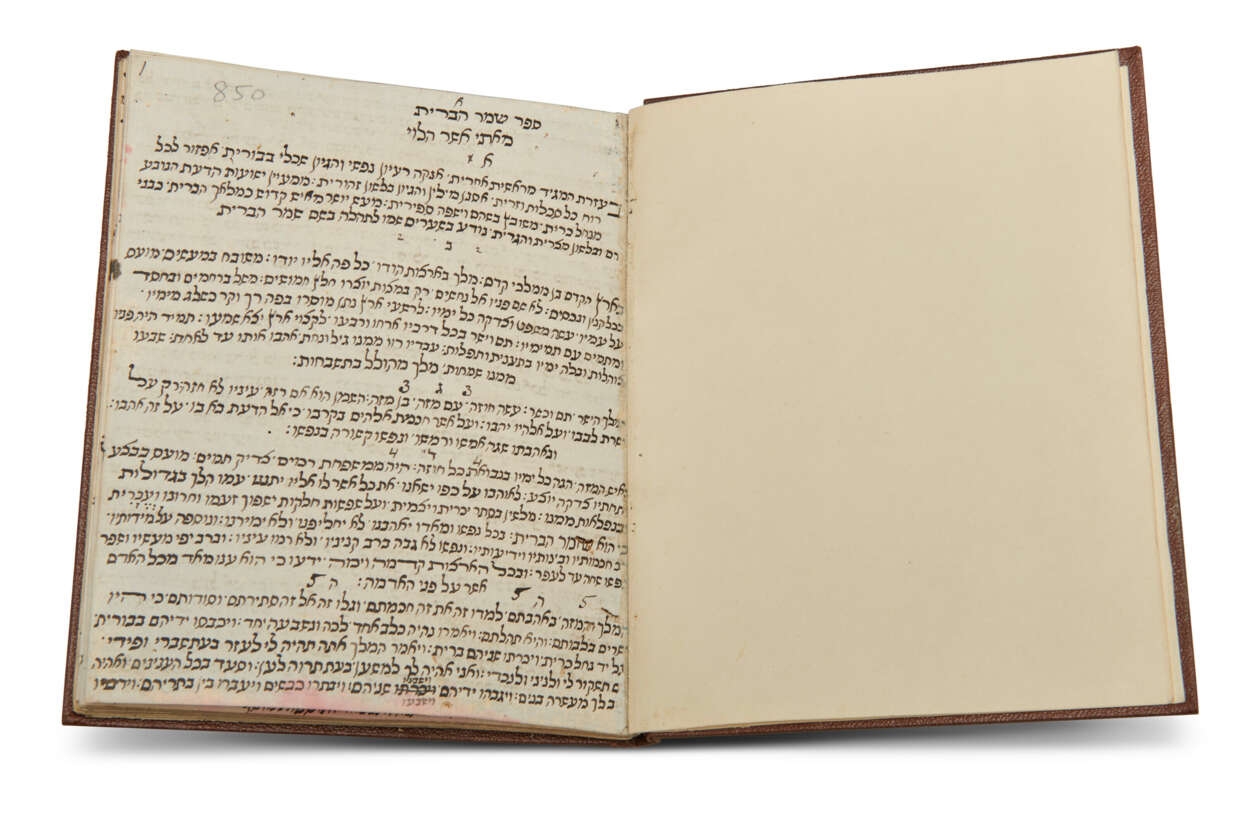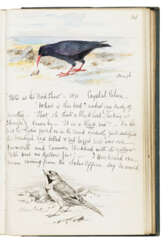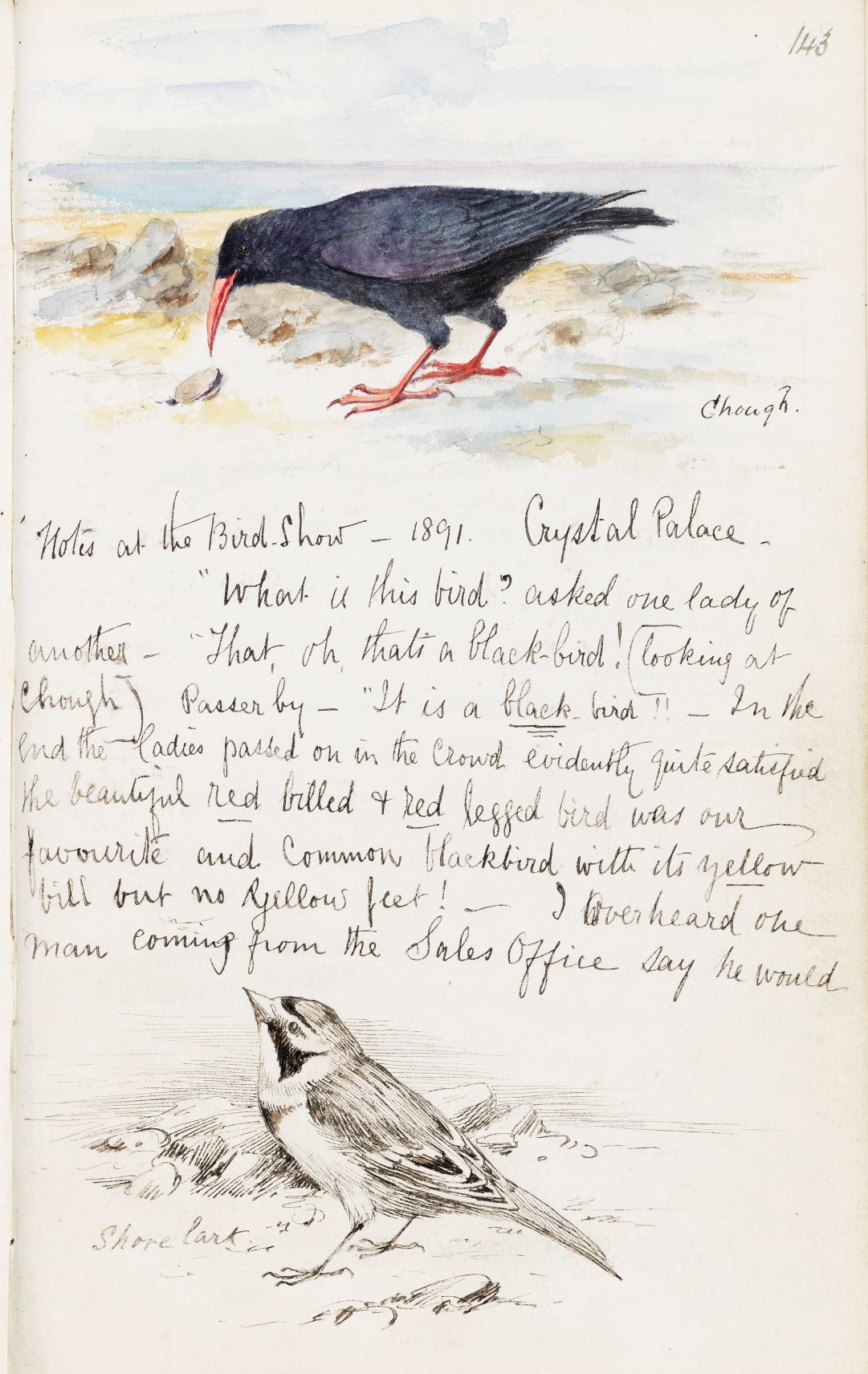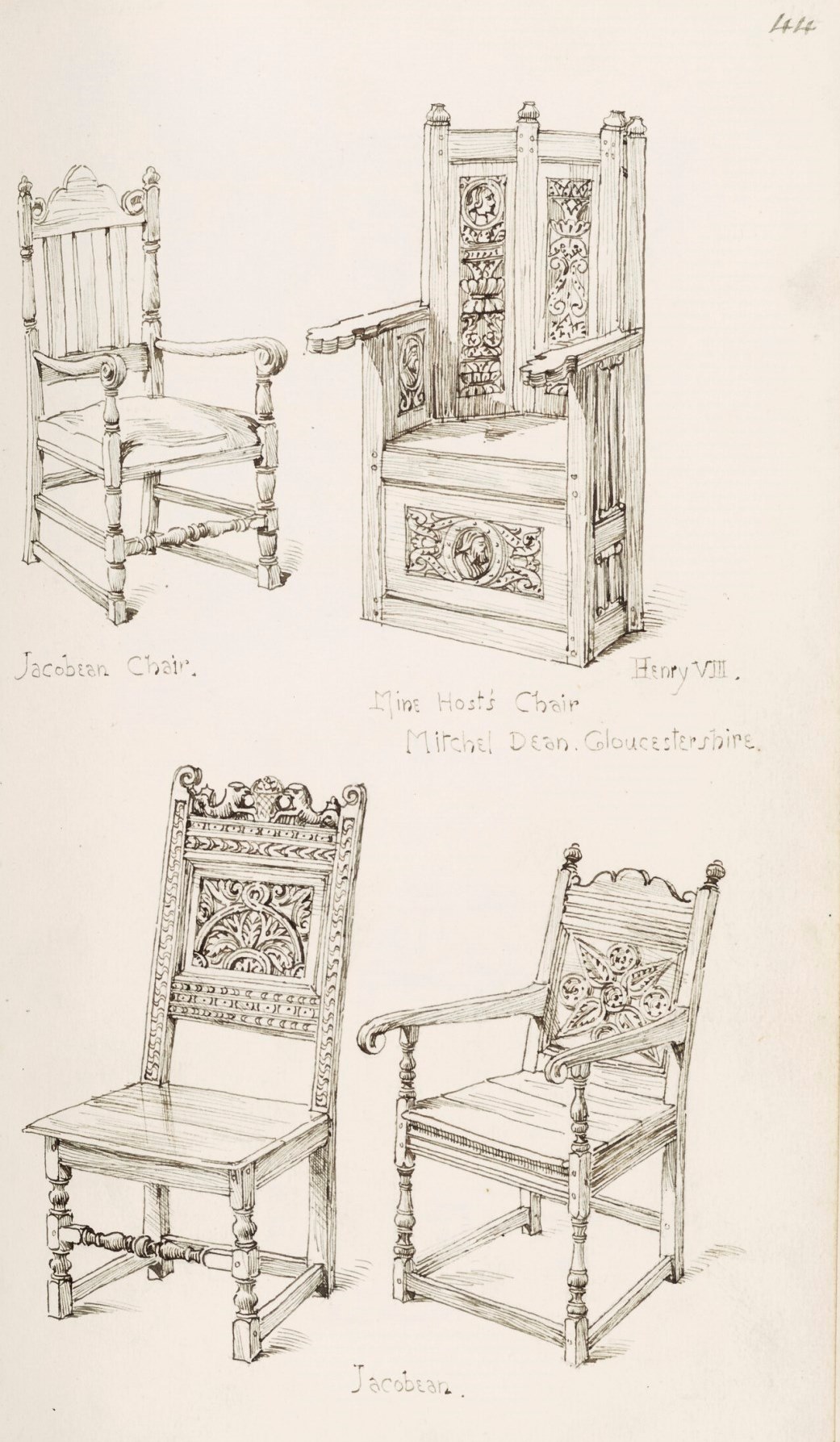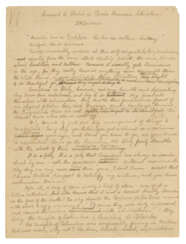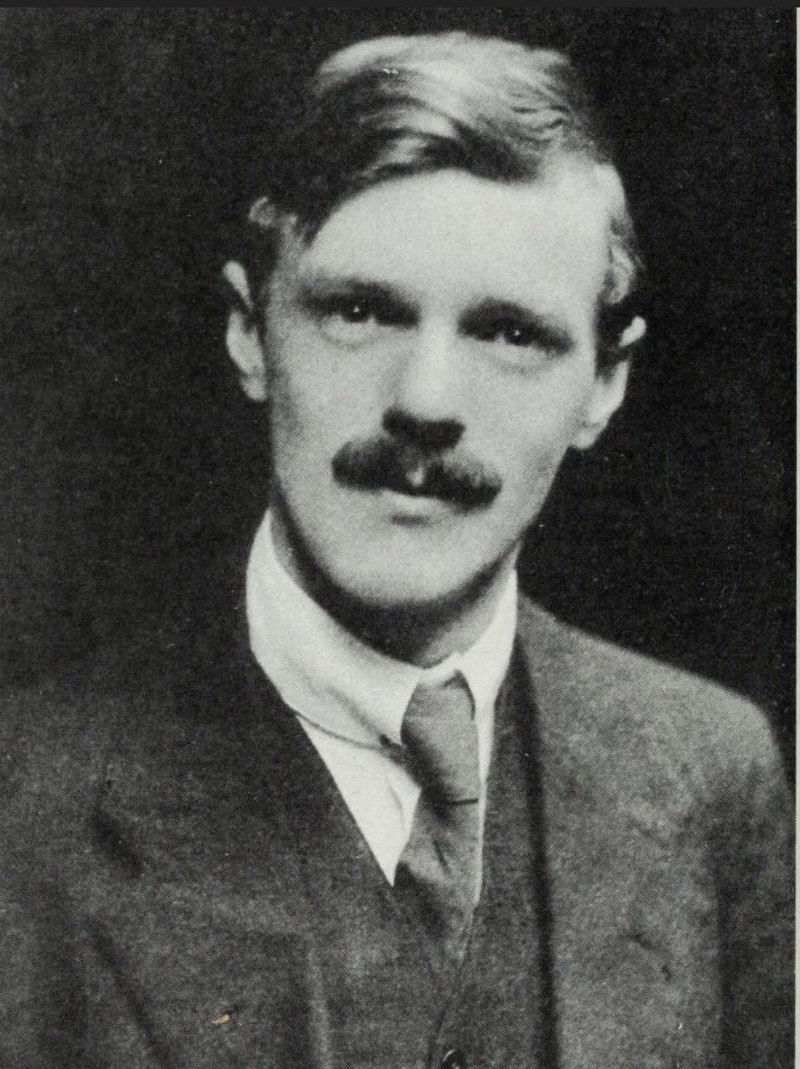
Letters, documents and manuscripts — Valuable Books and Manuscripts
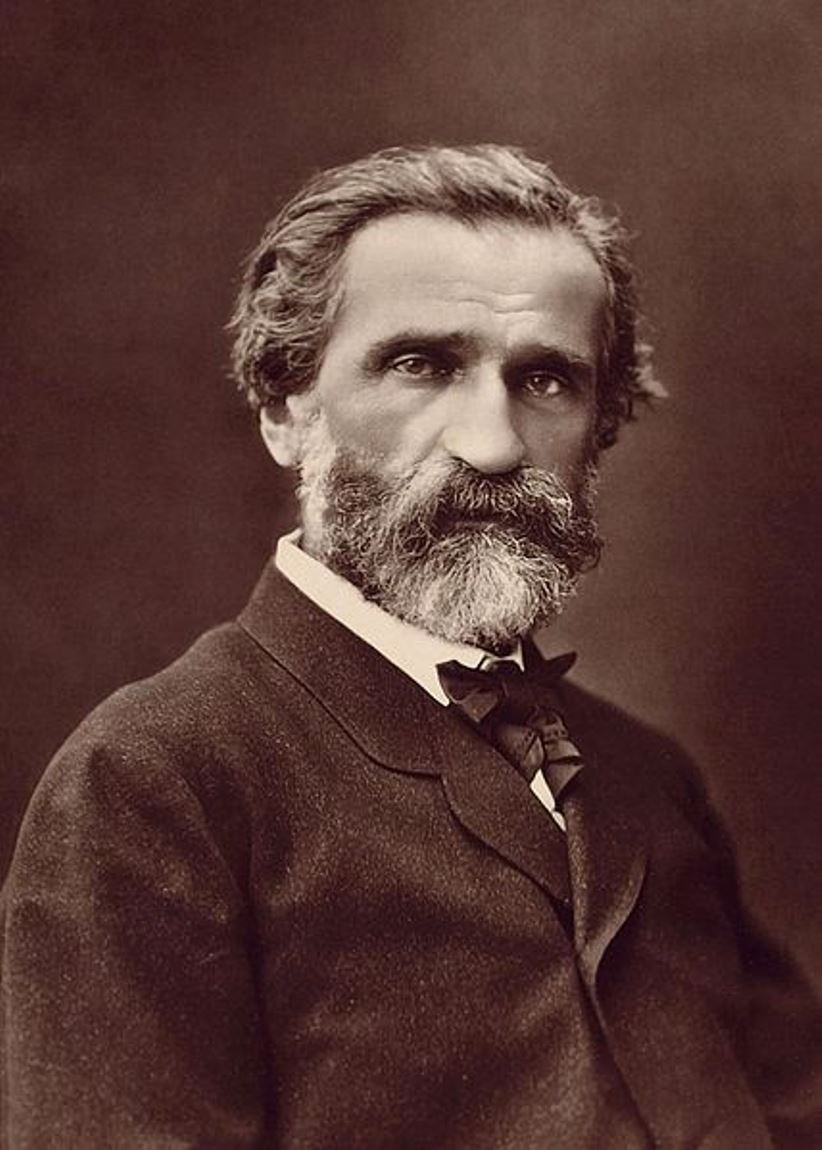
Giuseppe Verdi, full name Giuseppe Fortunino Francesco Verdi, was an Italian opera composer.
The son of a village innkeeper, Giuseppe showed musical talent very early, already playing the organ in church by the age of nine. He studied music in Milan, taught, and in March 1839 staged his first opera "Oberto, conte di San Bonifacio" at La Scala. In 1842 Verdi's opera "Nabucco" was a great success, passing through all the major theaters of Europe.
Verdi wrote a total of 26 operas during his career, the most famous of which are Rigoletto (1851), Trovatore (1853), La Traviata (1853), Don Carlos (1867), Aida (1871), Otello (1887) and Falstaff (1893).
In 1873, Giuseppe Verdi decided to retire from the world of opera. He settled in Sant'Agata, where he became a large landowner and a very wealthy man due to his tireless work in agriculture, he also financed large charitable organizations.
Verdi took a break from these activities for his opera Otello, but after a successful tour of Europe with it, he retreated again to Sant'Agata. The work of Giuseppe Verdi is one of the greatest achievements of world opera art. Many generations of opera lovers still enjoy the composer's brilliant works.

Giuseppe Verdi, full name Giuseppe Fortunino Francesco Verdi, was an Italian opera composer.
The son of a village innkeeper, Giuseppe showed musical talent very early, already playing the organ in church by the age of nine. He studied music in Milan, taught, and in March 1839 staged his first opera "Oberto, conte di San Bonifacio" at La Scala. In 1842 Verdi's opera "Nabucco" was a great success, passing through all the major theaters of Europe.
Verdi wrote a total of 26 operas during his career, the most famous of which are Rigoletto (1851), Trovatore (1853), La Traviata (1853), Don Carlos (1867), Aida (1871), Otello (1887) and Falstaff (1893).
In 1873, Giuseppe Verdi decided to retire from the world of opera. He settled in Sant'Agata, where he became a large landowner and a very wealthy man due to his tireless work in agriculture, he also financed large charitable organizations.
Verdi took a break from these activities for his opera Otello, but after a successful tour of Europe with it, he retreated again to Sant'Agata. The work of Giuseppe Verdi is one of the greatest achievements of world opera art. Many generations of opera lovers still enjoy the composer's brilliant works.
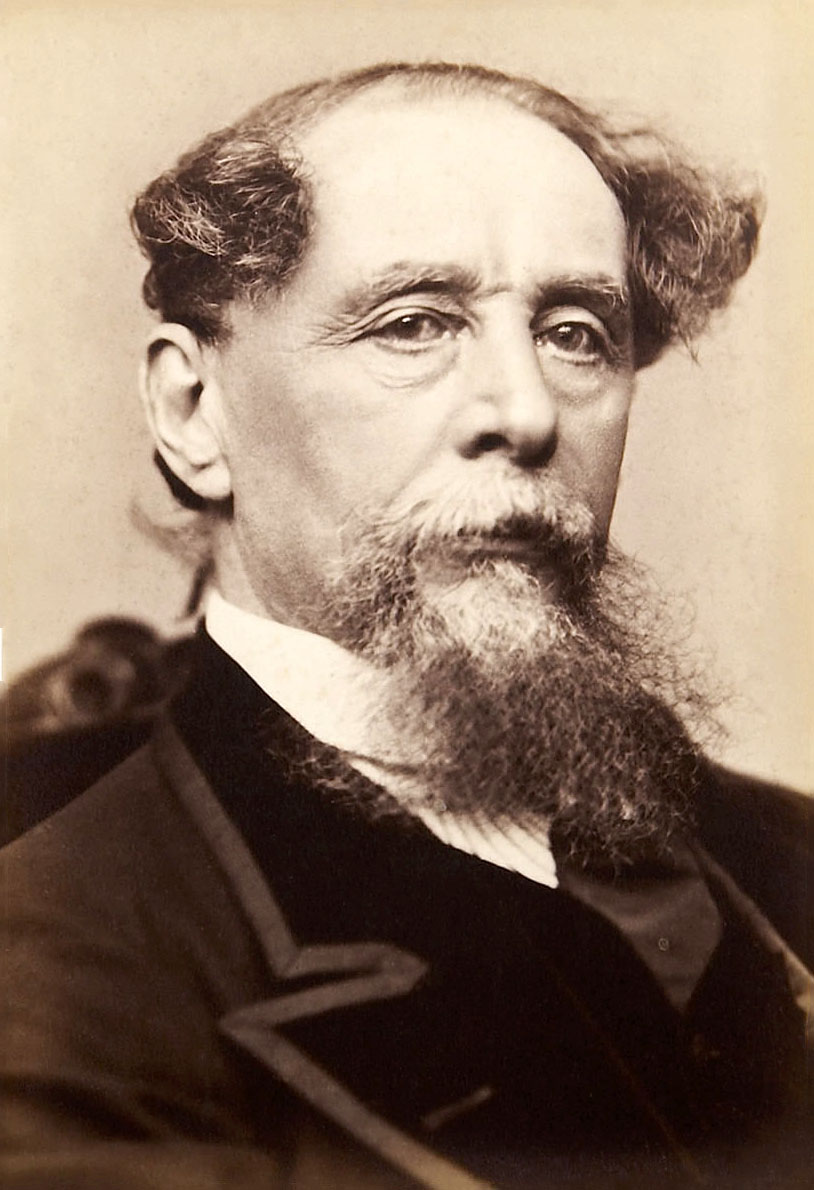
Charles Dickens, full name Charles John Huffam Dickens, is the most famous British writer of the Victorian era, a classic of world literature.
From childhood the future writer learned all the hardships of life in poverty: his father in prison for debts, hard work in a factory. Then service stenographer in court and reporter developed in him a strong attachment to journalism and contempt for both the law and parliament.
Dickens had many talents: in addition to literary work, he was an actor, published periodicals, arranged numerous literary readings, where he reveled in the admiration and love of the public. Fecund and versatile, Charles Dickens wrote many brilliant and often comic works. His novels cover a wide range of social, moral, emotional and other aspects. As a subtle psychologist, he is also very interested in the most ordinary people, but also the eccentric, the flawed, and even the insane.
Dickens was immensely popular around the world during his lifetime. His intellect, worldview, and deep reflections on society and its faults enriched his novels and made him one of the great figures of nineteenth-century literature, an influential spokesman for the conscience of his time.
Dickens' best-known and most popular novels are The Pickwick Club Posthumous Notes, Oliver Twist, Nicholas Nickleby, David Copperfield, Cold House, A Tale of Two Cities, Our Mutual Friend, Great Expectations, and The Mystery of Edwin Drood.

Charles Dickens, full name Charles John Huffam Dickens, is the most famous British writer of the Victorian era, a classic of world literature.
From childhood the future writer learned all the hardships of life in poverty: his father in prison for debts, hard work in a factory. Then service stenographer in court and reporter developed in him a strong attachment to journalism and contempt for both the law and parliament.
Dickens had many talents: in addition to literary work, he was an actor, published periodicals, arranged numerous literary readings, where he reveled in the admiration and love of the public. Fecund and versatile, Charles Dickens wrote many brilliant and often comic works. His novels cover a wide range of social, moral, emotional and other aspects. As a subtle psychologist, he is also very interested in the most ordinary people, but also the eccentric, the flawed, and even the insane.
Dickens was immensely popular around the world during his lifetime. His intellect, worldview, and deep reflections on society and its faults enriched his novels and made him one of the great figures of nineteenth-century literature, an influential spokesman for the conscience of his time.
Dickens' best-known and most popular novels are The Pickwick Club Posthumous Notes, Oliver Twist, Nicholas Nickleby, David Copperfield, Cold House, A Tale of Two Cities, Our Mutual Friend, Great Expectations, and The Mystery of Edwin Drood.

Charles Dickens, full name Charles John Huffam Dickens, is the most famous British writer of the Victorian era, a classic of world literature.
From childhood the future writer learned all the hardships of life in poverty: his father in prison for debts, hard work in a factory. Then service stenographer in court and reporter developed in him a strong attachment to journalism and contempt for both the law and parliament.
Dickens had many talents: in addition to literary work, he was an actor, published periodicals, arranged numerous literary readings, where he reveled in the admiration and love of the public. Fecund and versatile, Charles Dickens wrote many brilliant and often comic works. His novels cover a wide range of social, moral, emotional and other aspects. As a subtle psychologist, he is also very interested in the most ordinary people, but also the eccentric, the flawed, and even the insane.
Dickens was immensely popular around the world during his lifetime. His intellect, worldview, and deep reflections on society and its faults enriched his novels and made him one of the great figures of nineteenth-century literature, an influential spokesman for the conscience of his time.
Dickens' best-known and most popular novels are The Pickwick Club Posthumous Notes, Oliver Twist, Nicholas Nickleby, David Copperfield, Cold House, A Tale of Two Cities, Our Mutual Friend, Great Expectations, and The Mystery of Edwin Drood.
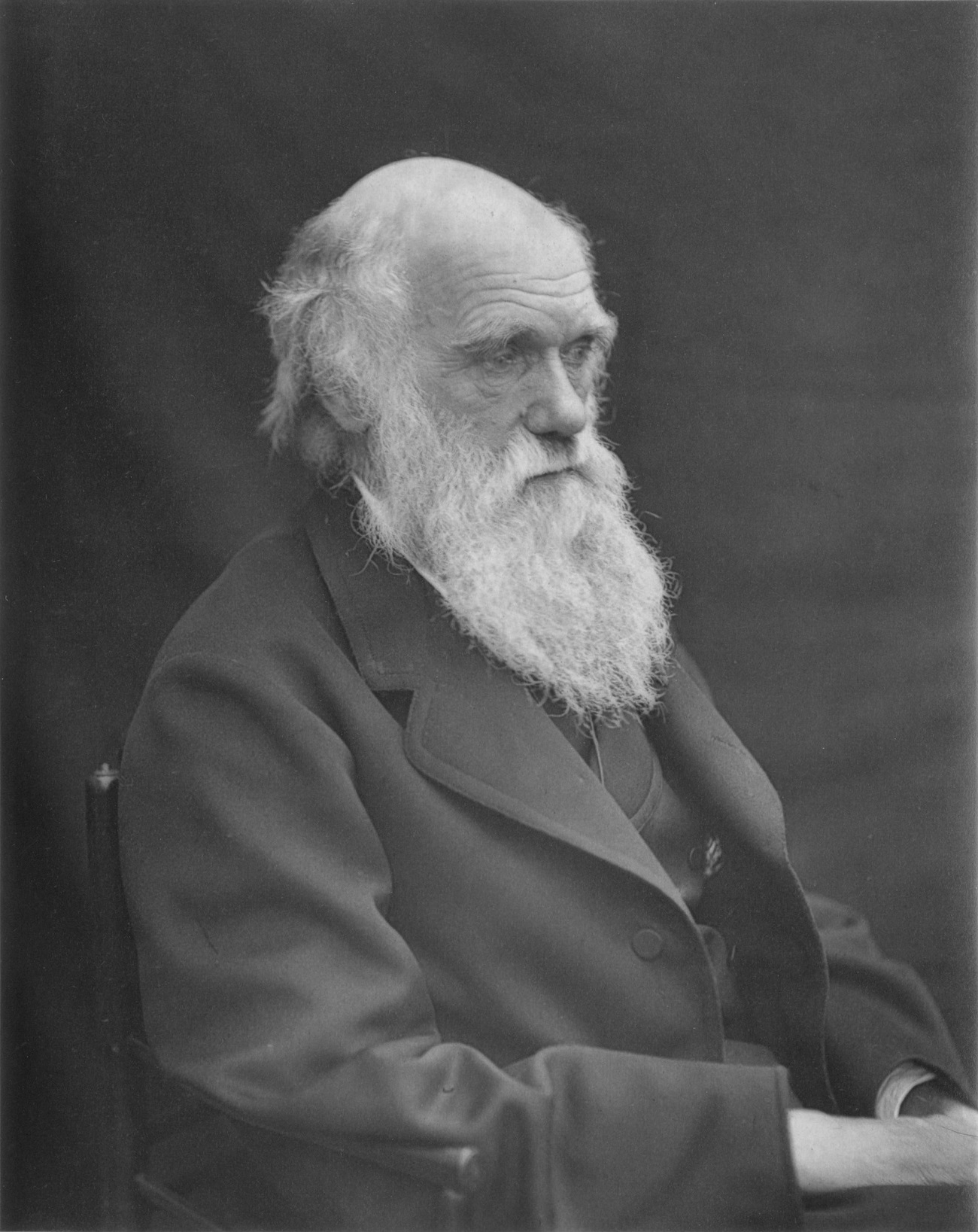
Charles Robert Darwin was an English naturalist, geologist, and biologist, widely known for contributing to the understanding of evolutionary biology. His proposition that all species of life have descended from a common ancestor is now generally accepted and considered a fundamental concept in science. In a joint publication with Alfred Russel Wallace, he introduced his scientific theory that this branching pattern of evolution resulted from a process that he called natural selection, in which the struggle for existence has a similar effect to the artificial selection involved in selective breeding. Darwin has been described as one of the most influential figures in human history, and he was honoured by burial in Westminster Abbey.
